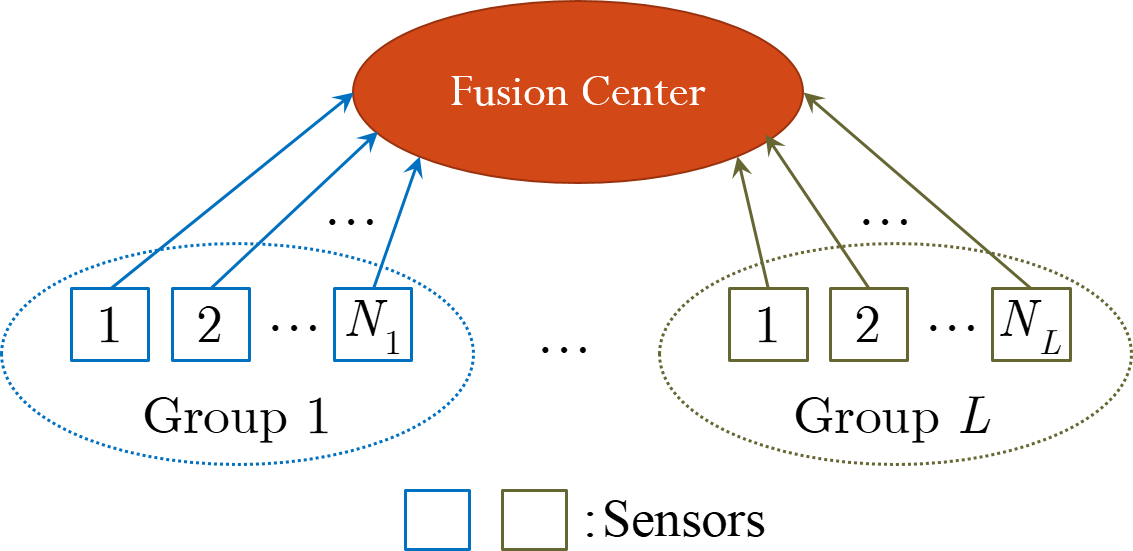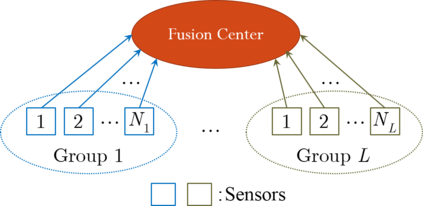The heterogeneous distributed quickest change detection (HetDQCD) problem with 1-bit feedback is studied, in which a fusion center monitors an abrupt change through a bunch of heterogeneous sensors via anonymous 1-bit feedbacks. Two fusion rules, one-shot and voting rules, are considered. We analyze the performance in terms of the worst-case expected detection delay and the average run length to false alarm for the two fusion rules. Our analysis unveils the mixed impact of involving more sensors into the decision and enables us to find near optimal choices of parameters in the two schemes. Notably, it is shown that, in contrast to the homogeneous setting, the first alarm rule may no longer lead to the best performance among one-shot schemes. The non-anonymous setting is then investigated where a novel weighted voting rule is proposed that assigns different weights to votes from different types of sensors. Simulation results show that the proposed scheme is able to outperform all the above schemes and the mixture CUSUM scheme for the anonymous HetDQCD, hinting at the price of anonymity.
翻译:暂无翻译





